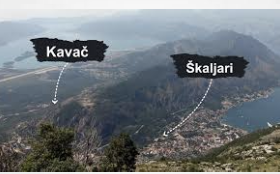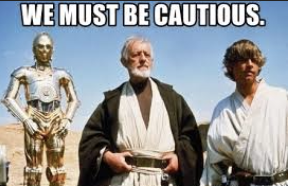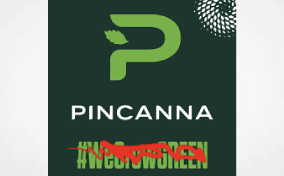This piece is worth your time. The best researched cocaine and the international economy article of 2024 so far
More than anywhere else in Europe, and in ways that may only be comparable to Central America, the cartels in Montenegro today are indistinguishable from the state.
In August 2011, a Montenegrin sailor called Goran Radoman fled the scene of a late-night car crash in Havana. He was arrested three months later at José Martí International Airport and sentenced to seven years in prison for manslaughter. According to the Serbian TV channel Insajder, the highest levels of the Serbian state lobbied the Cuban government for Radoman’s extradition – Montenegro doesn’t have an embassy in Havana – and by late December 2013 he was on a plane to Belgrade, although five years remained on his prison sentence. Radoman, who may have been flipped, becoming an informant for Serbian intelligence, or may even have been one all along, soon flew to Valencia, where he owned an apartment. When he got there, he found more than 200 kg of cocaine, stashed by a group of gangsters from two neighbouring Montenegrin villages, Kavač and Škaljari. Radoman sold the drugs and pocketed the earnings. Fourteen months later, he was in an underground car park in Belgrade when an assassin armed with a Kalashnikov shot him 25 times. The killer was never found.
Radoman’s murder triggered a conflict between the Kavači and the Škaljari that has claimed more than sixty lives across eleven countries since 2015. The killings have taken place in restaurants, cafés, bars, car parks, abandoned military camps, beach villas and the exercise yard of a maximum-security prison. The weapons have included machine guns, pistols, car bombs, sniper rifles, switchblades and industrial meat grinders. Among those killed in the crossfire have been an elderly doctor, a Montenegrin former MP and the owner of an Amsterdam pizzeria.
Radoman wasn’t just a sailor. In the 2000s he became a foot soldier in the trade that shifts billions of dollars’ worth of cocaine from South America to Europe every year. Over the last two decades this business has increasingly come to be controlled by gangs from the Balkans, and is now dominated by Montenegrins. Their networks stretch from the Aegean to the Amazon, where they have diversified into door-to-door extortion and illegal timber export. They have officers and engineers from cargo ships in their pocket; since 2022, sailors from Montenegro who work for the Geneva-based Mediterranean Shipping Company, one of the world’s largest shipping firms, have been banned by the company from passing through the Panama Canal on its vessels. Since at least 2015, the Kavači – the more powerful of the two clans – have had access to the police databases designed to monitor them, using intelligence files to evade detection and track their enemies from one end of Europe to the other. And in an inversion of the historical relationship between Belgrade and Podgorica, mobsters along the Danube now answer to those from the Adriatic.
Read full article
https://www.lrb.co.uk/the-paper/v46/n08/alexander-clapp/rip-their-skin-off


















